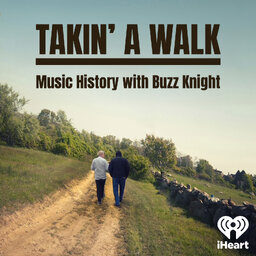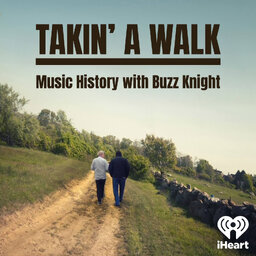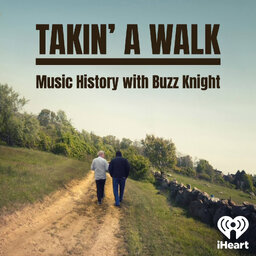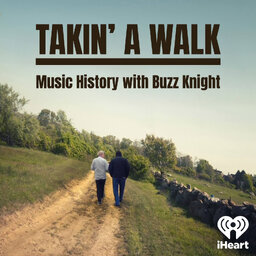This Week in Music History for 11-25
Join @thebuzzknight and @harryjacobs for this episode of This Week in Music History for the week of 11-25.
For more information or suggestions write Buzz@BuzzKnightmedia.com
Find Buzz on Instagram @takinawalkpodcast.
If you like this podcast, please share with your friends. Leave us a review here.
 Takin' A Walk - Music History with Buzz Knight
Takin' A Walk - Music History with Buzz Knight


